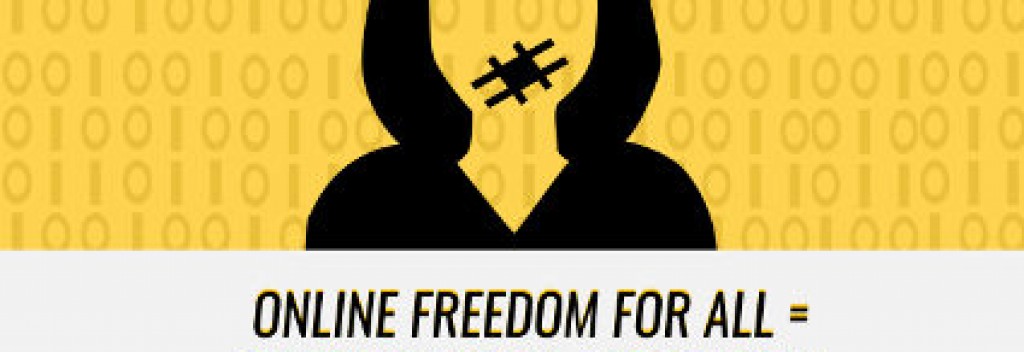Executive director Anita Gurumurthy (IT for Change India) explains why internet security and gender equality are strongly connected.
Gender equality should be an important issue in the tech world
What does gender have to do with internet security? Everything. “We often think of cyber security within the framework of consumers and not of citizenship, but we should. Because internet security is also about creating an ecosystem that can empower people and within that space individuals should be able to operate without intimidation,” says Anita Gurumurthy, executive director of IT for Change. She talks about internet security, gender equality and the long way we still have to go to secure that.
Women are held to a different standard
“If you look at the online public domain, women are hugely underrepresented. They are often portrayed as victims and are held to different standards than men. In 2018 there was a video circulating in the Philippines of a naked woman. It was claimed that it was a female senator who was a strong critic of the president, although that was never actually proven. Nonetheless, it harmed her reputation so much that her career eroded.”
“Another example is that of a female politician in Georgia. There was online talk of her having an extra marital affair. If we talk about women having affairs, it damages them where it seems to be acceptable for male politicians. People look at women with a certain moral expectation. Girls learn to adjust and adapt to certain standards of femininity and desirability. The ideal standards operating in Western Europe and India are the same. So, wearing revealing clothes on a selfie can lead to public chastising as well as intimate policing by family members and partners.”
Online and offline security are interrelated
“Internet is not only crucial for self-exploration and development; it is also crucial for just being a full human and being able to equally participate in society. The barriers start with the fact that women often don’t have equal access to gadgets or internet. In some countries women are under constant surveillance of their father, brothers and cousins. Even if they are allowed online, the space to fully be yourself is denied for those women.”
“Your physical freedom and security and your online freedom and security are two sides of the same coin. It’s interrelated and cannot be pushed into separate boxes. The more you are repressed offline, the harder it becomes online and vice versa. If you are forced to take down your LinkedIn profile for instance, your career chances are slimmer. Or if you broke up with your boyfriend and you physically threw him out, he can still be in your house by hacking into your internet of things and controlling things like your tv or heating. The internet is connected to so many devices these days. We need to consider all these issues.”
“At the same time, internet is also a chance for education. When women have the knowledge on how to control their own life, they are more equipped to push back. They can participate in online communities and find support, guidance and counseling.”
The gender gap
“Part of the problem of equal online rights lies in the collecting of data. There is a huge gender gap there. General data are based on a set standard that is used to predict new models. What is normal and what is not normal is influenced by these standards we set. Needless to say, that the standard is often the white male, which of course doesn’t apply to women. Back in the old days the same thing used to happen with MRI machines, for instance. In Southeast Asia they used the same machines as in Europe while their bodies are very different, which means it doesn’t work properly. The same goes for data in the tech world.”
“Of course, there is also the issue of data leakage. In Chile, for example, the data of more than 3 million women and girls asking for the morning after pill were leaked from different hospitals. These things create very difficult and potentially dangerous situations. We’re dancing on very fragile glass here: to be or not to be online.”
Data rights
“Snowden showed us things are not good at all. Even if you did not give consent, your data travel a lot. Apple has gone very far by using your data without permission and got away with a casual apology. But the era of innocence is gone and data rights have become more evidently important. We need to come up with some multilateral framework; a Magna Carta for our digital society and equal participation within that society. We need to establish what our online human rights are.”
“At least we’re starting to recognize the liability. In India videos of women being raped were circulating, creating an entire new trauma on its own. Supreme court ruled that these videos need to be pulled down. When a nude picture of a woman is circulating online, you don’t want to go to court, because that takes time. You want your picture to be taken down immediately. That is way more important than a judge telling you you’re right. Governments may be concerned about these issues, but like gender issues in general, the economic issues always seem to be priority.”
Related tags









